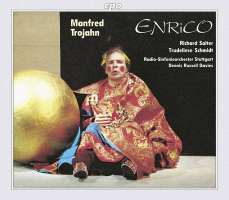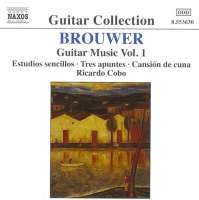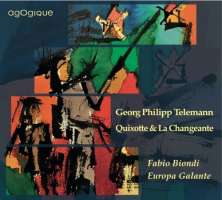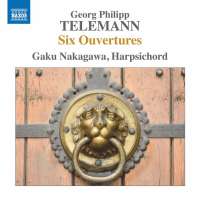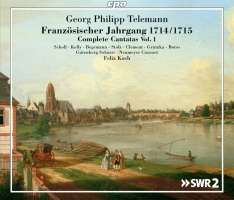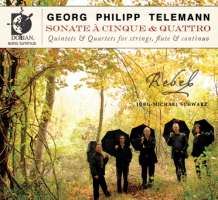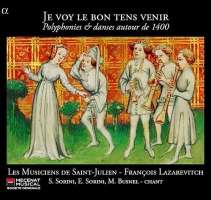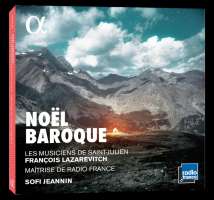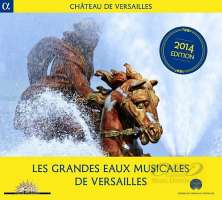
kompozytor
Telemann, Georg Philipp
tytuł
Beauté barbare
wykonawcy
Les Musiciens de Saint-Julien;
Lazarevitch, François
Lazarevitch, François
nr katalogowy
Alpha 949
opis
This album owes its title ‘Beauté barbare’ to Telemann who described the music he discovered during a trip to Upper Silesia in 1705 as existing ‘in its true barbaric beauty’. Did he mean ‘wild’? ‘Exotic’? In any case, the composer was fascinated: ‘An attentive observer could gather from [those musicians] enough ideas in eight days to last a lifetime.’ An equally passionate admirer of folk music, whose Serbian roots link him to these cultures, François Lazarevitch has conceived this wildly swirling programme that mixes Telemann (Concerto Polonois) and eastern European Romani music of the eighteenth century, thanks to a collection of dance tunes from 1730 that he has unearthed. ‘What is interesting for us as Baroque performers is to try to find in the pieces of “art music” everything that is not written down, namely the energy and “swing” of the folk dances. I like the music we play not to sound like early music’, says the flautist and founder of Les Musiciens de Saint-Julien, who are joined for the occasion by a cymbalom virtuoso and a wide variety of percussion instruments.
•Georg Philipp Telemann: Les Moscovites aus Ouvertüren-Suite TWV 55: B5
•Georg Philipp Telemann: Les Janissaires aus Ouvertüren-Suite TWV 55: D17
•Georg Philipp Telemann: Mezzetin aus Ouvertüren-Suite TWV 55: B8
•Georg Philipp Telemann: Rondo hanaquoise aus Ouvertüren-Suite TWV 55: E2
• Georg Philipp Telemann: Allegro & Presto aus Trio h-moll TWV 42: H2
•Georg Philipp Telemann: Suite of two hanacs TWV 45
•Georg Philipp Telemann: Hanasky aus Ouvertüren-Suite TWV 55: E1
•Georg Philipp Telemann: Suite of two Polonesie
•Anonymus: Suite aus Uhrovska_Manuskript
•Anonymus: Tanzsuite aus Uhrovska-Manuskript
•Anonymus: Pozic mamo roz
• Anonymus: Swiatowka
•Anonymus: Dyz sem sla z kostela
•Anonymus: Nisko slonko
•Anonymus: Hora din caval
•Anonymus: Taku sem ja galanecku dostal
•Anonymus: Vitement - Braul Oltenesc
•Anonymus: Veselo se dzivce 45
Works:
•Georg Philipp Telemann: Flötenkonzert TWV 51: D2
•Georg Philipp Telemann: Les Moscovites aus Ouvertüren-Suite TWV 55: B5
•Georg Philipp Telemann: Les Janissaires aus Ouvertüren-Suite TWV 55: D17
•Georg Philipp Telemann: Mezzetin aus Ouvertüren-Suite TWV 55: B8
•Georg Philipp Telemann: Rondo hanaquoise aus Ouvertüren-Suite TWV 55: E2
• Georg Philipp Telemann: Allegro & Presto aus Trio h-moll TWV 42: H2
•Georg Philipp Telemann: Suite of two hanacs TWV 45
•Georg Philipp Telemann: Hanasky aus Ouvertüren-Suite TWV 55: E1
•Georg Philipp Telemann: Suite of two Polonesie
•Anonymus: Suite aus Uhrovska_Manuskript
•Anonymus: Tanzsuite aus Uhrovska-Manuskript
•Anonymus: Pozic mamo roz
• Anonymus: Swiatowka
•Anonymus: Dyz sem sla z kostela
•Anonymus: Nisko slonko
•Anonymus: Hora din caval
•Anonymus: Taku sem ja galanecku dostal
•Anonymus: Vitement - Braul Oltenesc
•Anonymus: Veselo se dzivce 45
nośnik
CD
gatunek
Muzyka klasyczna
producent
Alpha
data wydania
05-04-2023
EAN / kod kreskowy
3760014199493

(Produkt nie został jeszcze oceniony)
cena 79,00 zł
lubProdukt dostepny w niewielkiej ilości.
Wysyłka w ciągu 3 dni roboczych
Darmowa wysyłka dla zamówień powyżej 300 zł!
Darmowy kurier dla zamówień powyżej 500 zł!
sprawdź koszty wysyłki







